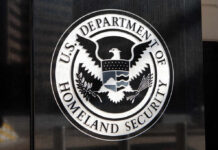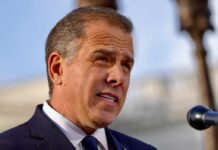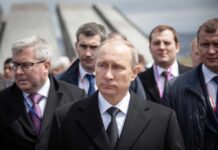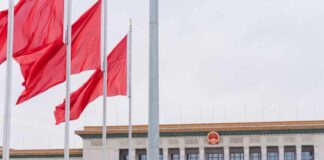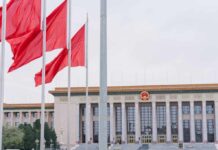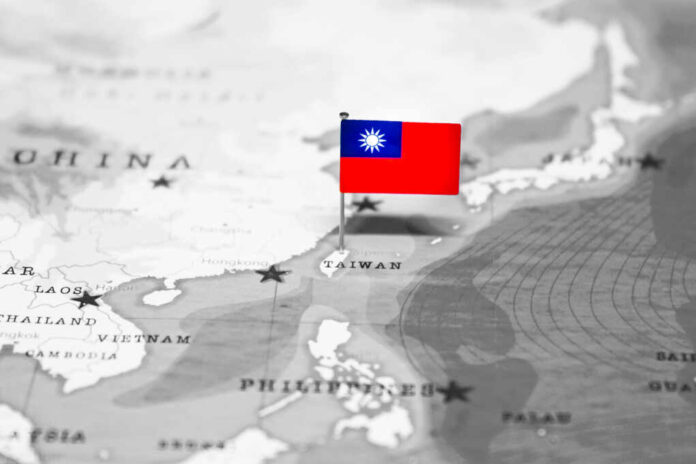
Strengthening U.S.-Taiwan relations in the emerging AI age demands strategic collaboration highlighting ethical innovation and democratic values.
At a Glance
- The Global Taiwan Institute launched a report focusing on US-Taiwan strategic relations.
- Defense and security are key to combating China’s threats.
- Taiwan remains a significant trading partner, particularly in semiconductors.
- The U.S. supports Taiwan’s broader international participation.
Strategic Partnership Symposium
The Global Taiwan Institute hosted an impactful seminar to delve deeply into the US-Taiwan relations, highlighting four crucial strategic areas: defense, economics, international space, and people-to-people connections. The seminar included a panel featuring POLITICO’s Phelim Kine as moderator, and Alexander Tah-Ray Yui as the keynote speaker. Ambassador Yui outlined the diplomatic efforts aimed at fortifying these ties to adapt to the changing geopolitical landscape managed by artificial intelligence and technology.
The Taiwan Relations Act remains the cornerstone of this partnership. Under this act, the frameworks for cooperation in defense, trade, and international engagements continue to develop, signifying the long-standing commitment between the two nations. Collaboration extends to enhance trade initiatives and support Taiwanese investments in the U.S., acknowledging Taiwan’s indispensable role as a major trading partner, especially in the semiconductor sector.
Defense and Security
Ensuring defense and security is paramount within US-Taiwan relations, especially with escalating threats from China. Recent recommendations include increasing Taiwan’s defense budget, strengthening U.S. defense support, and advocating for robust joint operational planning with allied nations. The Q&A session at the seminar provided insights into sufficiency concerns regarding the TRA and potential avenues for increasing international aid backing Taiwan amid rising global tensions.
Enhancing Taiwan’s defense budget emerges as a critical factor, ensuring the island nation is well-equipped to counteract aggression. This approach aligns with broader strategic interests in preserving global democratic values in the evolving AI landscape.
International Participation and Economic Ties
Despite China’s pressure, two nations strive for enhanced international visibility for Taiwan. U.S. backing is vital in supporting Taiwan’s participation in worldwide organizations as a trusted partner. The seminar underscored the need for advancing mutual economic ties, especially critical American-Russian semiconductor policies. Attendees called for initiatives to help Taiwanese investments facilitate U.S. technology industries, which further integrates their economic interests with ethical considerations.
This diverse synergy fosters people-to-people interactions through educational acts, cultivating positive public perceptions and encouraging collaborative innovations in the tech sphere. The seminar also bridged ties between Taiwan and emerging preference countries like India, emphasizing a fortified united front against potential adversarial alliances with China and Russia.


